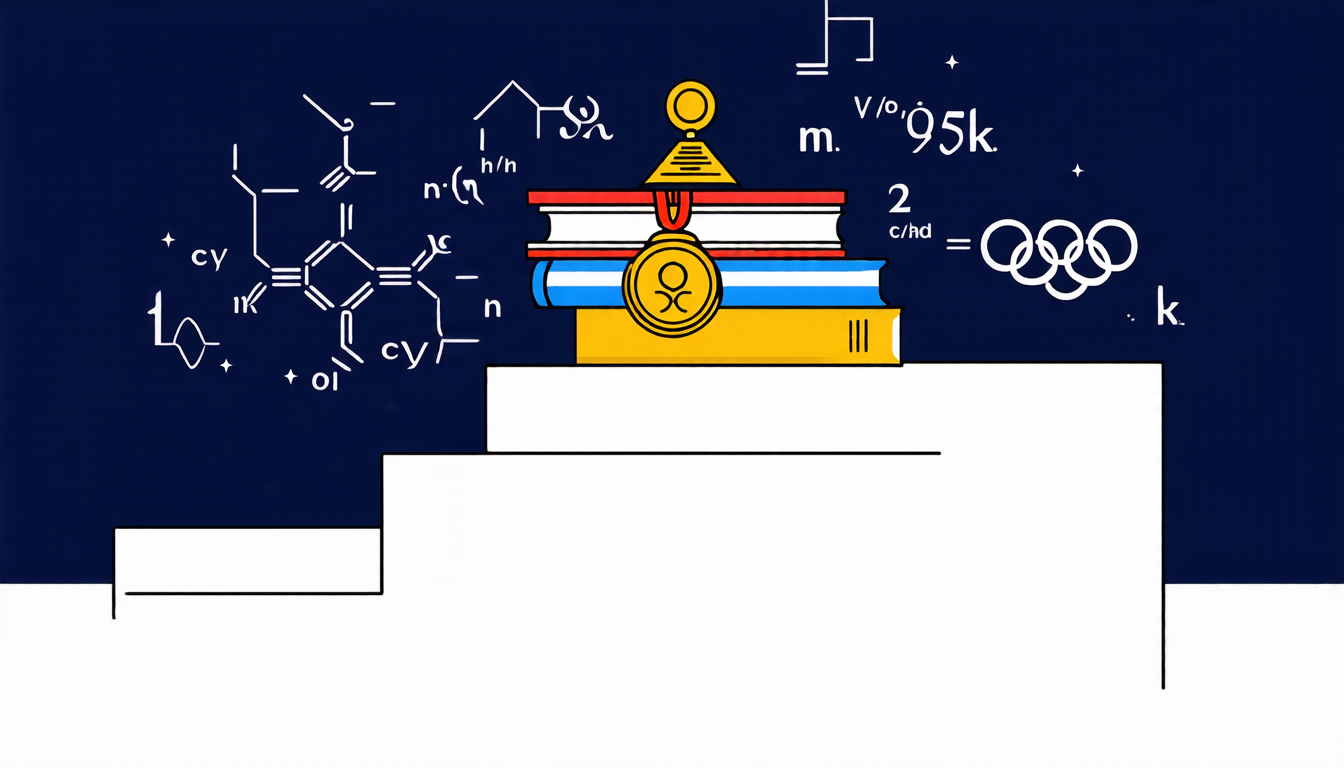Wednesday 09 April 2025
A study has revealed that a high level of inequality in scholarly citations and Olympic medals is a hallmark of excellence, suggesting that competition can drive success. The researchers analyzed data on Nobel laureates, finding that those who have won multiple prizes tend to have a higher level of citation inequality than others.
Citation inequality refers to the distribution of citations received by an individual’s publications. A high level of inequality means that a small number of papers receive a disproportionate amount of attention, while many other papers receive few or no citations at all. This is often seen as a sign of excellence, as it indicates that an individual has produced work that stands out from the crowd.
The study also looked at data on Olympic medals, finding similar patterns of inequality. In both cases, the researchers used statistical measures such as the Gini and Kolkata indices to quantify the level of inequality. These indices are commonly used in economics to measure income inequality, but have recently been applied to other fields, including science and sports.
The results suggest that a high level of citation inequality is associated with excellence, regardless of whether it’s in the context of scientific research or athletic competition. This raises interesting questions about the nature of success and how it’s achieved. Is excellence simply a matter of being lucky enough to produce work that stands out from the crowd, or are there underlying factors at play?
One possibility is that excellence is driven by a combination of individual talent and external factors such as funding, resources, and social networks. In other words, some individuals may be naturally more talented or motivated than others, but they also have access to better opportunities and support systems that help them achieve success.
Another possibility is that excellence is driven by the competitive process itself. In a highly competitive environment, individuals are forced to push themselves to produce their best work in order to stand out from the crowd. This can lead to a self-reinforcing cycle of improvement, where individuals who are already successful continue to attract more citations and recognition, while those who are less successful struggle to keep up.
The study’s findings also have implications for how we think about success and achievement. Rather than focusing solely on individual talent or hard work, we may need to consider the role of external factors such as competition and social context in shaping outcomes.
Overall, this research provides a fascinating glimpse into the nature of excellence and how it’s achieved.
Cite this article: “Unlocking Inequality: A Physics-Based Analysis of Excellence and Competition in Science and Sports”, The Science Archive, 2025.
Excellence, Inequality, Citations, Olympic Medals, Competition, Success, Talent, Funding, Resources, Social Networks







